Draw A Mechanism For The Following Reaction, Web this molecular description is the mechanism of the reaction;
Draw A Mechanism For The Following Reaction - Be sure to answer all parts. Web what’s a reaction mechanism? Web the following two sets of reactions (a and b) show possibilities for arrow pushing in individual reaction steps. The energy diagram of the e1 mechanism demonstrates the loss of the leaving group as the slow step with the higher activation. Be sure to answer all parts. Web in chemistry, a reaction mechanism is the step by step sequence of elementary reactions by which overall chemical reaction occurs. For the mechanism, draw the curved arrows as. It involves representing the breaking and. Web this organic chemistry video tutorial provides a basic introduction into reaction mechanisms. [1] a chemical mechanism is a theoretical. A mechanism refers to the series of steps that the reagents undergo during a chemical reaction. It explains the four fundamental reactions such as addition re. Be sure to answer all parts. [1] a chemical mechanism is a theoretical. Web this molecular description is the mechanism of the reaction; Web the following two sets of reactions (a and b) show possibilities for arrow pushing in individual reaction steps. Be sure to answer all parts. Whereas a simple equation tells. Many reaction mechanisms contain one step that is much slower than the others; Identify which is wrong and explain why. Web the sequence of individual steps, or elementary reactions, by which reactants are converted into products during the course of a reaction is called the reaction. Draw a mechanism for the following reaction: [1] a chemical mechanism is a theoretical. The energy diagram of the e1 mechanism demonstrates the loss of the leaving group as the slow step with the. Web a reaction mechanism is the sequence of elementary steps by which a chemical reaction occurs. It describes how individual atoms, ions, or molecules interact to form particular products. Web this organic chemistry video tutorial provides a basic introduction into reaction mechanisms. The decomposition of ozone, for example,. Identify which is wrong and explain why. Web s n 1 reaction mechanism. Draw a stepwise mechanism for the following reaction: For the mechanism, draw the curved arrows as. Whereas a simple equation tells. A mechanism refers to the series of steps that the reagents undergo during a chemical reaction. Loss of he leaving group. Be sure to answer all parts. Whereas a simple equation tells. Web the sequence of individual steps, or elementary reactions, by which reactants are converted into products during the course of a reaction is called the reaction. Draw a stepwise mechanism for the following reaction: It explains the four fundamental reactions such as addition re. Web the sequence of individual steps, or elementary reactions, by which reactants are converted into products during the course of a reaction is called the reaction. Draw a mechanism for the following reaction: Many reaction mechanisms contain one step that is much slower than the others; Web this molecular description. A mechanism refers to the series of steps that the reagents undergo during a chemical reaction. Be sure to answer all parts. It describes how individual atoms, ions, or molecules interact to form particular products. Web draw a reasonable mechanism for the following reaction: Web this molecular description is the mechanism of the reaction; Many reaction mechanisms contain one step that is much slower than the others; It explains the four fundamental reactions such as addition re. The decomposition of ozone, for example,. Web the following two sets of reactions (a and b) show possibilities for arrow pushing in individual reaction steps. Draw a mechanism for the following reaction: It describes how individual atoms, ions, or molecules interact to form particular products. The energy diagram of the e1 mechanism demonstrates the loss of the leaving group as the slow step with the higher activation. Web draw a mechanism for the following reaction and make sure to draw all three resonance structures of the sigma complex. The decomposition of ozone,. Web what’s a reaction mechanism? Be sure to answer all parts. It involves representing the breaking and. Web the sequence of individual steps, or elementary reactions, by which reactants are converted into products during the course of a reaction is called the reaction. The given reaction is elimination reaction because it's product is alkene ( − c = c −). Web this molecular description is the mechanism of the reaction; The decomposition of ozone, for example,. Web in chemistry, a reaction mechanism is the step by step sequence of elementary reactions by which overall chemical reaction occurs. Web this organic chemistry video tutorial provides a basic introduction into reaction mechanisms. Web draw a mechanism for the following reaction and make sure to draw all three resonance structures of the sigma complex. For the mechanism, draw the curved arrows as. Many reaction mechanisms contain one step that is much slower than the others; Web a reaction mechanism is the sequence of elementary steps by which a chemical reaction occurs. Whereas a simple equation tells. Loss of he leaving group. Web s n 1 reaction mechanism.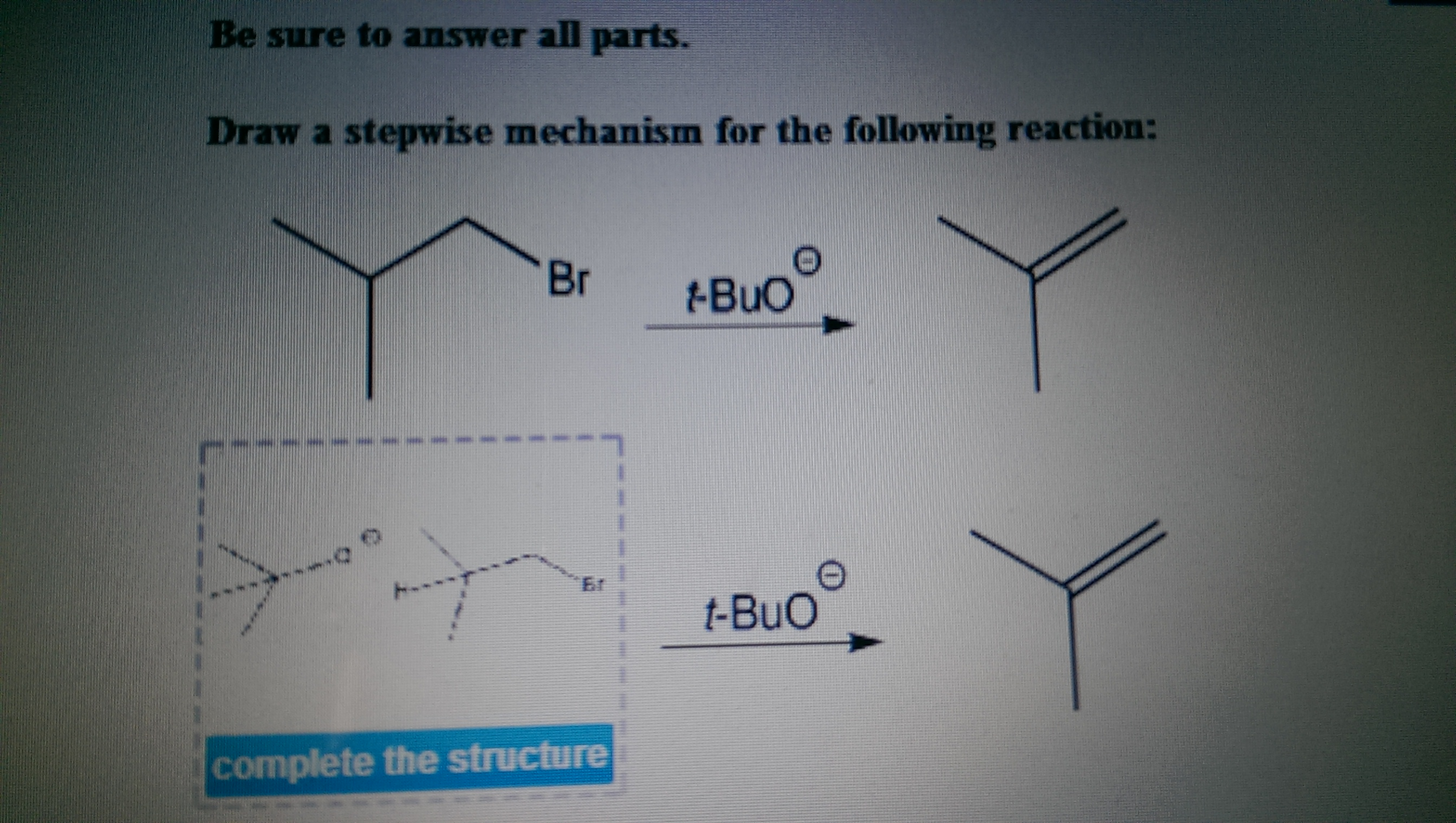
Draw The Mechanism For The Following Reaction
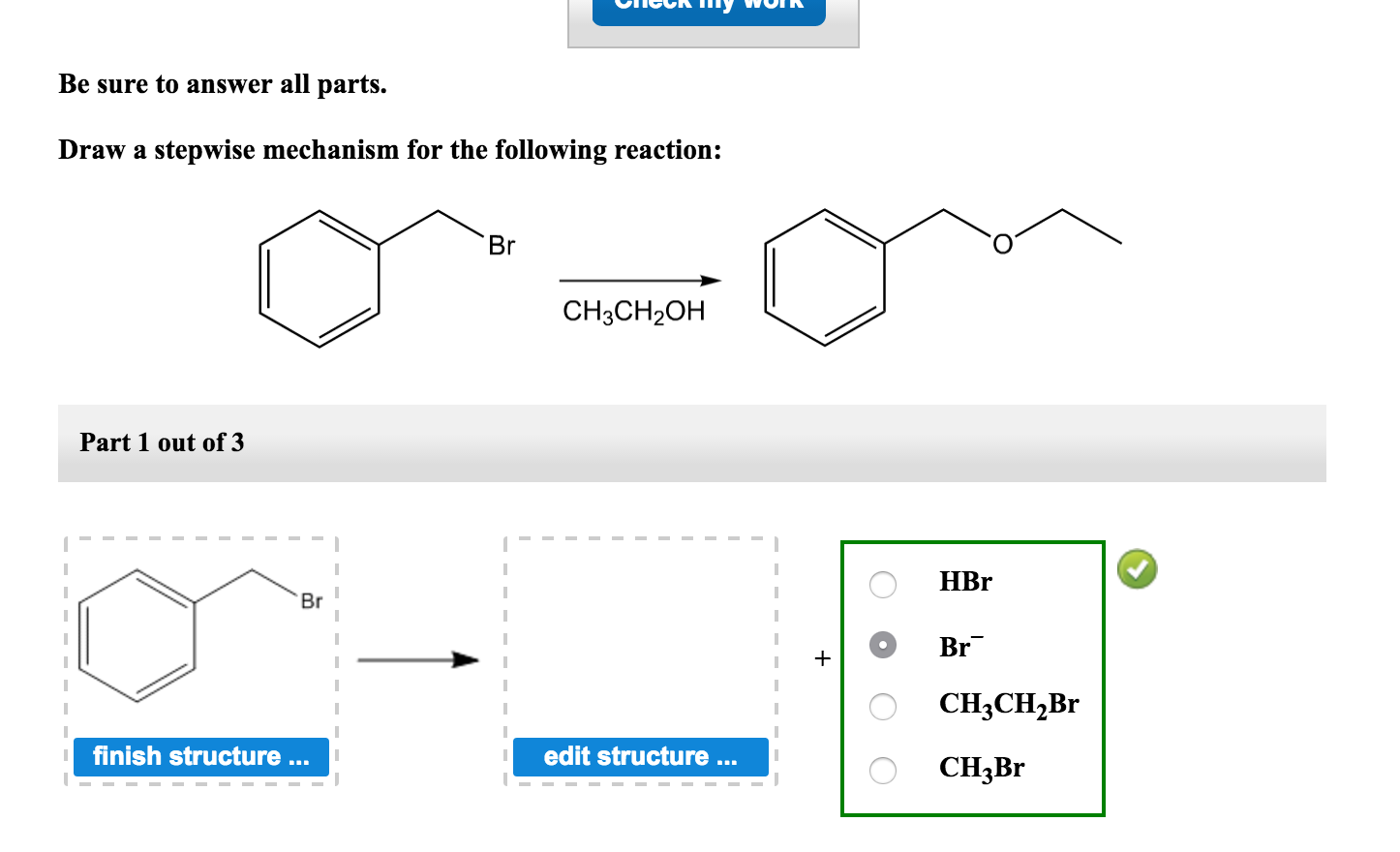
Draw A Mechanism For The Following Reaction
Draw The Mechanism For The Following Reaction
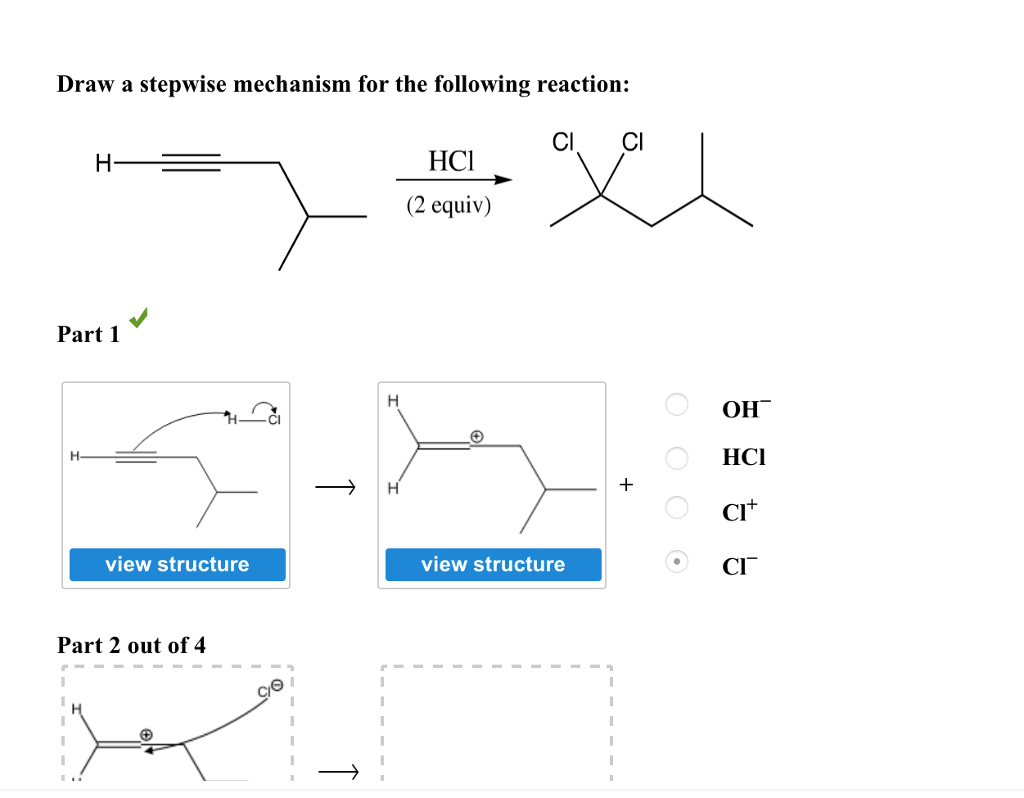
Draw The Mechanism For The Following Reaction
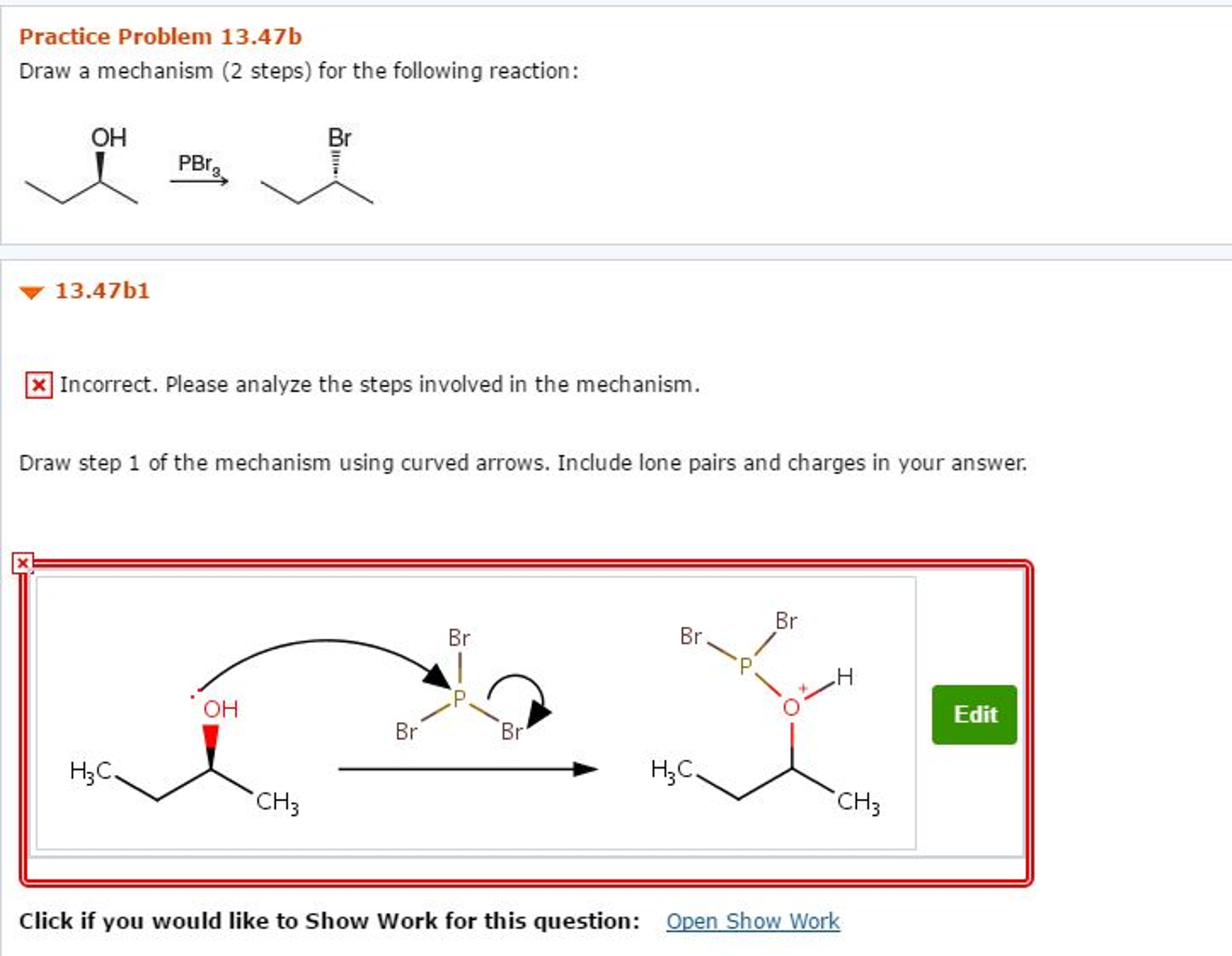
Draw The Mechanism For The Following Reaction
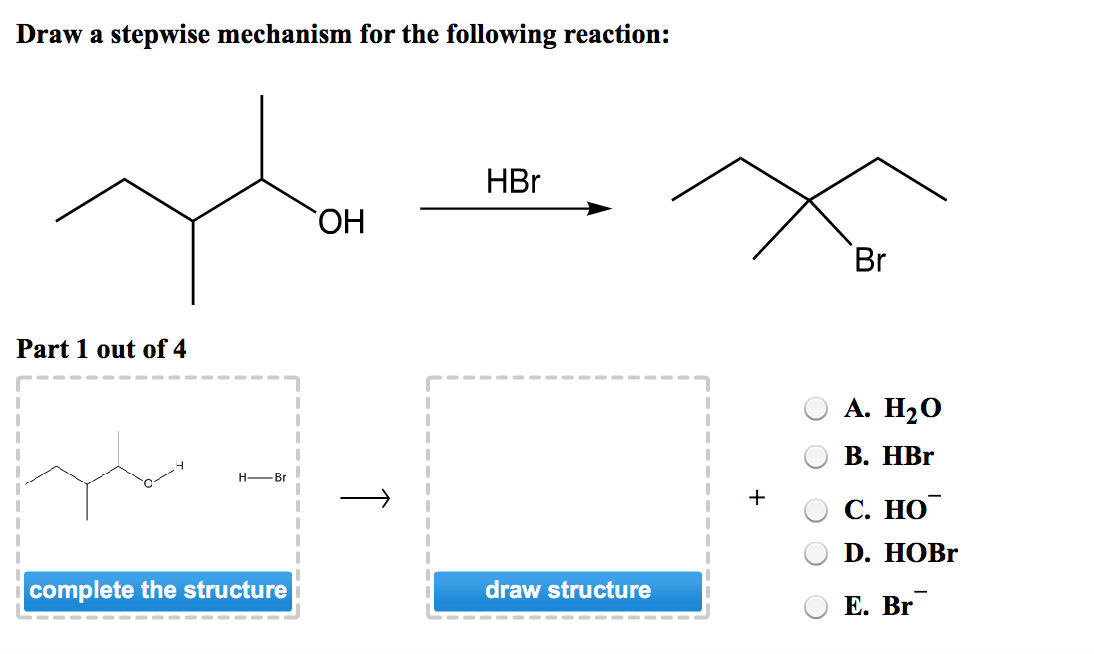
Draw A Mechanism For The Following Reaction
Draw A Mechanism For The Following Reaction

OneClass Draw a stepwise mechanism for the following reaction Br
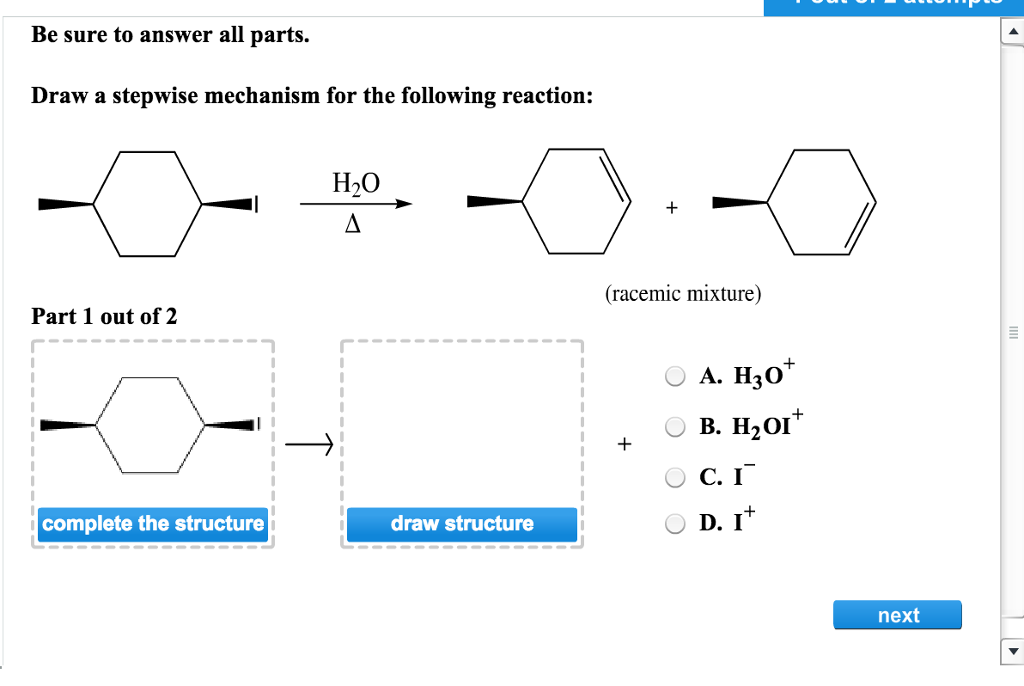
Solved Draw A Stepwise Mechanism For The Following Reacti...
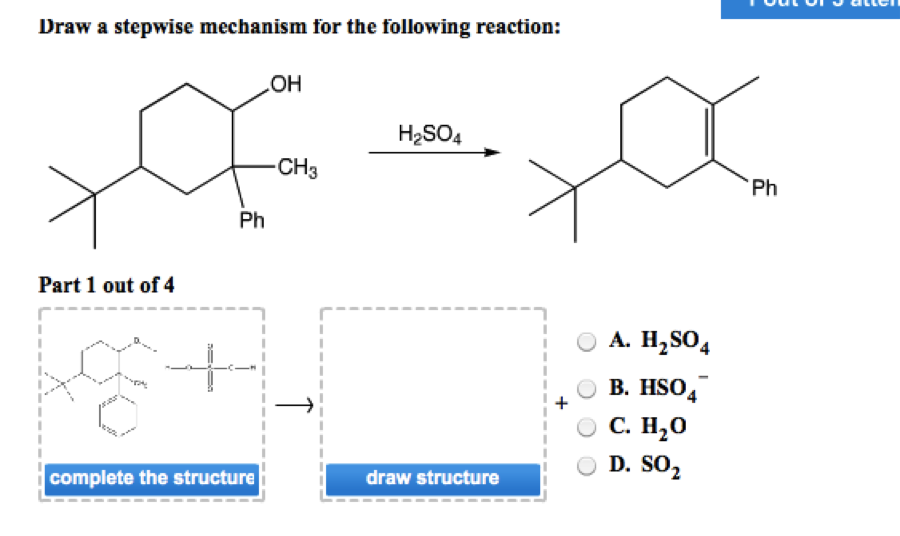
Solved Draw a stepwise mechanism for the following reaction
Be Sure To Answer All Parts.
The Energy Diagram Of The E1 Mechanism Demonstrates The Loss Of The Leaving Group As The Slow Step With The Higher Activation.
It Explains The Four Fundamental Reactions Such As Addition Re.
Web The Sequence Of Individual Steps, Or Elementary Reactions, By Which Reactants Are Converted Into Products During The Course Of A Reaction Is Called The Reaction.
Related Post: